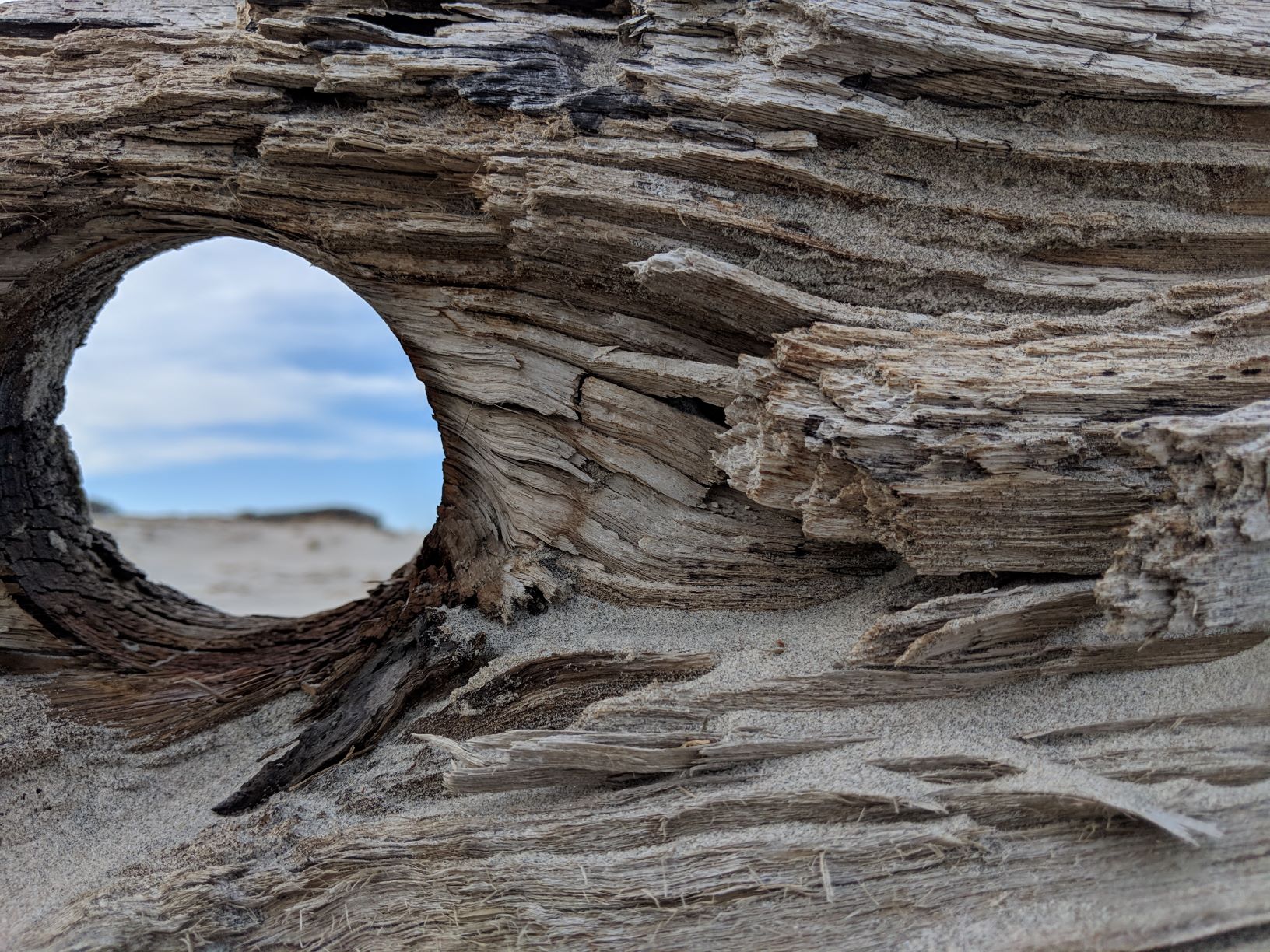.jpg?resize=235%2C176&ssl=1)
Doug Hill, author of Not So Fast: Thinking Twice About Technology
An essential quality of technology, from the spear to Skype, is action at a distance. Technology enables us to have an effect on people and things far away. In general, the more advanced the technology, the further away it is able to impose an effect.
Our lives cost the lives of others. That’s always been true, and will be so long as we breathe.
Technology allows us to forget this.
Technology encourages us to forget this.
Experts spew on about a global community, but their hands never touch the blood and feces of the life around them. They barely touch their own.
You want every child “connected”? So do I.
It’s what’s at the other end of the connection that matters.
I have killed other living things, deliberately, but not slowly.
I have slaughtered animals with stones, with knives, with awareness.

We pretend the machines bring us knowledge.
We confound information with awareness.
I wish we spent as much time teaching a child how to use a knife as we do a Chromebook.
I could live without my computer a lot easier than living without my knife.
Modified from a few years ago.


